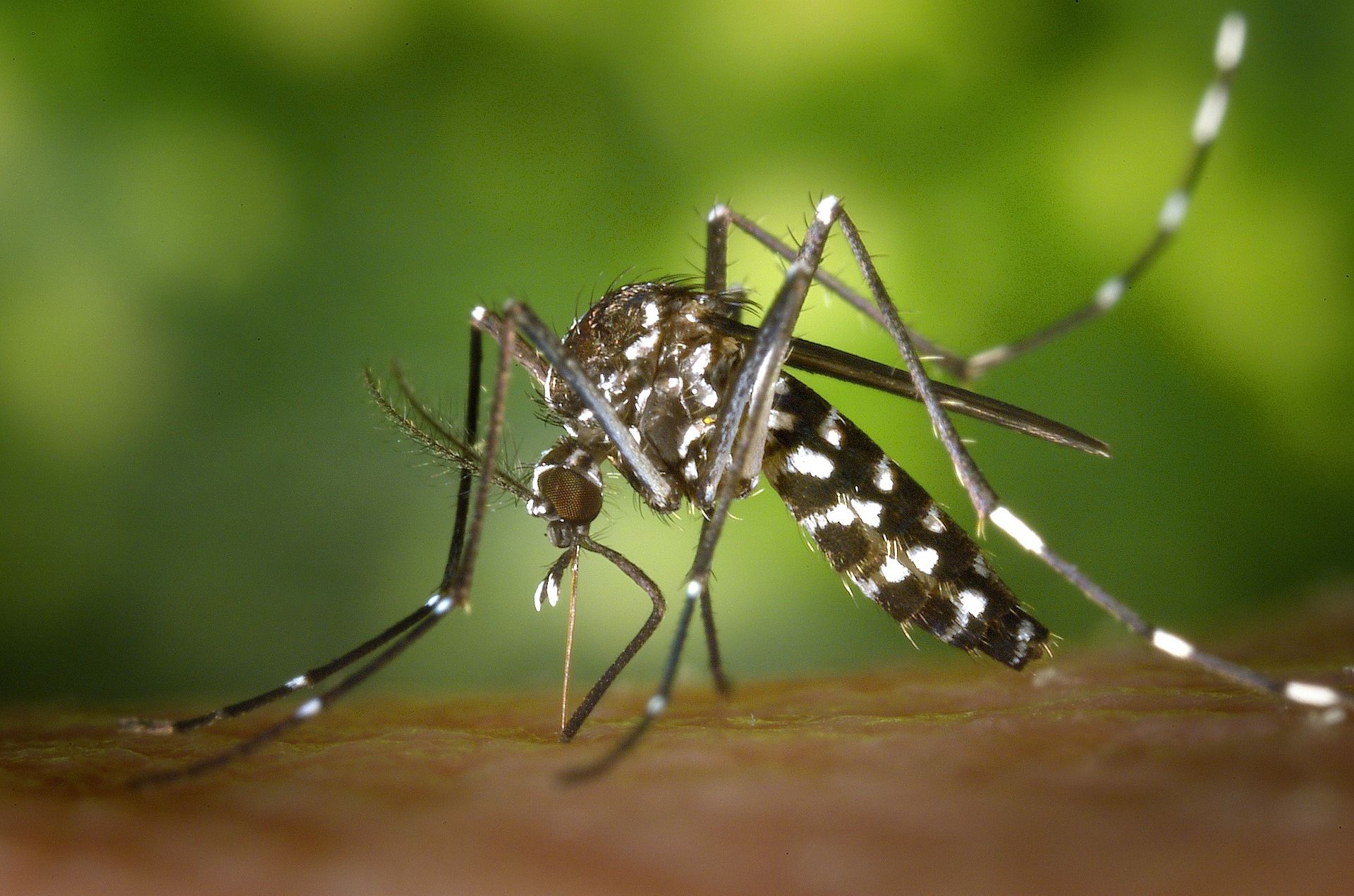OECS Health Unit addresses regional concerns on Yellow Fever
OECS Media Release
In light of the recent wave of Yellow Fever cases in the region, the Organisation of Eastern Caribbean States’ (OECS) Health Unit convened a virtual meeting via online web-conference on April 11, 2017 to swiftly address the concerns of Member States and share useful and timely information on the prevention of the disease.
Head of Health Information, Communicable Disease and Emergency Response at the Caribbean Public Health Agency (CARPHA), Dr. Rosmond Adams, addressed the current state of Yellow Fever in Brazil and shared knowledge on the three types of Yellow Fever transmission: sylvatic (jungle), intermediate and urban.
Dr. Adams noted that the transmission in Brazil remains of the sylvatic (jungle) cycle and not, the more concerning, urban cycle.
The sylvatic, or jungle, cycle involves transmission of the virus through non-human primates in the wild. Humans can then become infected by these mosquitoes when visiting or working in the jungle. The urban cycle is mainly transmitted to humans through the bite of an infected mosquito, Aedes aegypti, and these mosquitoes acquire the virus by feeding on other infected humans.
The Pan American Health Organisation (PAHO) and the World Health Organisation (WHO) are closely monitoring the situation and giving appropriate updates to the regional Ministries of Health.
In the event of a suspected case, CARPHA has the capacity to support the OECS Member States in testing for the disease. PAHO has also pledged to make Yellow Fever vaccines available for persons likely to be exposed, should the need arise.
Current recommendations for countries include; advising persons going to endemic and high risk areas to comply with longstanding vaccination requirements, ensuring that processes and procedures for surveillance and response at air and sea ports are working, ensuring that health professionals are able to recognise Yellow Fever, and keeping a close eye on the emerging situation in Brazil.
WHO vaccination recommendations for international travellers are available on the WHO International Travel and Health website.



